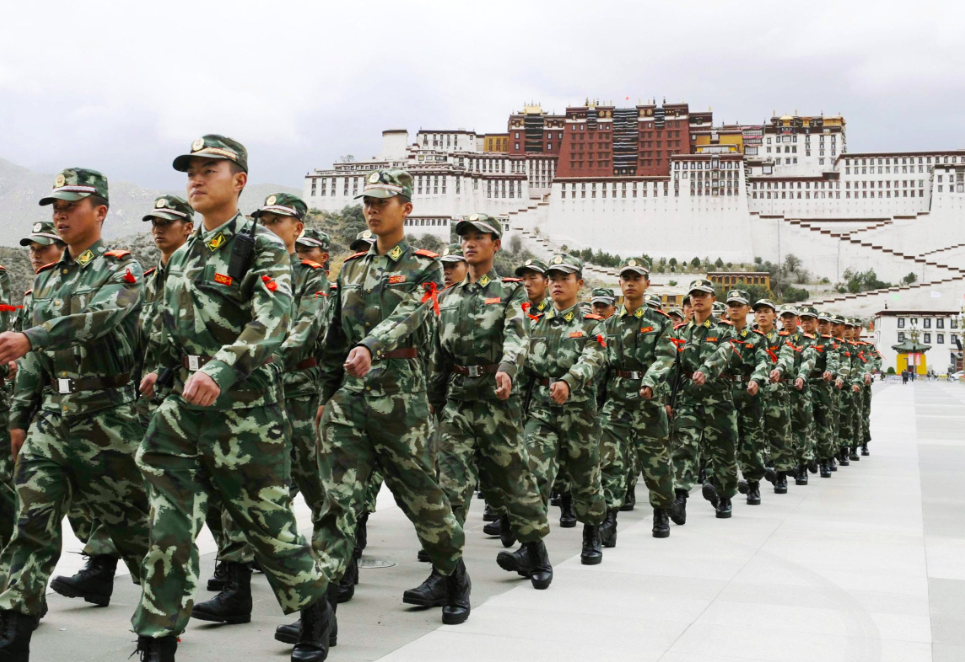By Tenzin Nyidon
DHARAMSHALA, Nov 12: The exile Tibetan government known officially as Central Tibetan Administration (CTA) vehemently rejected the latest White Paper by China titled “CPC Policies on the Governance of Xizang in the New Era: Approach and Achievements” by China’s State Council Information Office on Friday. CTA said that the propaganda document by China is simply “unacceptable.”
The Chinese government has long maintained a stance of asserting its control over Tibet, and it has been releasing White Papers on Tibet since 1992. A distinctive aspect of this latest White Paper on Tibet, which is the 19th in the series, is the consistent use of the term “Xizang” or “Xizang Autonomous Region” in place of “Tibet Autonomous Region” throughout the document. This change in terminology, experts say, is a deliberate effort by the Chinese government to emphasise its sovereignty over Tibet while downplaying the distinct political identity of the region.
This shift in terminology has indeed sparked a significant amount of contention and debate. The CTA Spokesperson, in an interview with Tibet TV, strongly criticised the paper, characterising it as being filled with “misinterpretation, misconceptions, and lies.” He further pointed out a notable contradiction in the document, stating, “The 32-page document talks about the aspirations of people, but somehow the Tibetan people are missing, so we wonder what kind of aspirations they are talking about, whose aspirations they are talking about.”
The Spokesperson further emphasised that the White Paper’s conclusions appear to primarily focus on the state’s stability rather than the well-being of the Tibetan people. He suggested that the document may be more geared toward fulfilling political ambitions and presenting a positive image to the world rather than addressing the genuine concerns and needs of the Tibetan population.
The white paper has highlighted the Communist Party of China’s (CPC) guidelines for governing “Xizang” in the new era and has presented its viewpoint that these guidelines have led to “unprecedented development,” “huge change,” and the delivery of “tangible benefits” in various aspects of the region.
Despite such claims, independent international rights bodies like Human Rights Watch continue to list Tibet as the least free country in the world.










